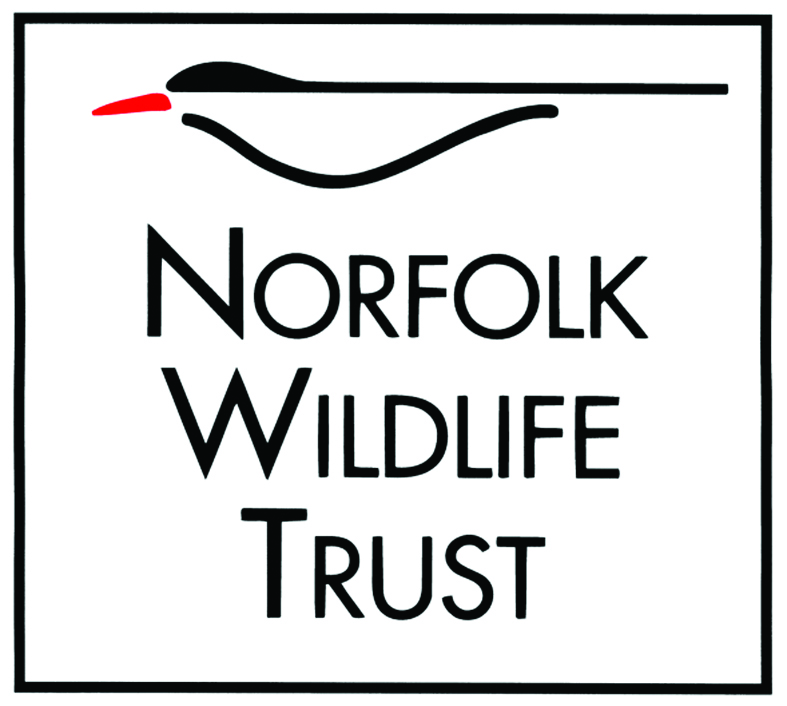Search
Search
Garden bumblebee
Unsurprisingly, the garden bumblebee can be found in the garden, buzzing around flowers like foxgloves, cowslips and red clover. It is quite a large, scruffy-looking bee, with a white tail. It…
Garden warbler
A plain-looking warbler, the garden warbler is a summer visitor to the UK. It is a shy bird and is most likely to be heard, rather than seen, in woodland and scrub habitats.
Garden spider
Have you ever stopped to look at the shape of a spider web? Garden spiders spin a spiral shaped web, perfect for catching lots of juicy prey!
My garden
Nicolas is a farmer who loves wildlife. Through his passion he has grown a successful bird seed business, and in partnership with The Wildlife Trusts has helped to raise £1 million for…
Garden tiger moth
The garden tiger is an attractive, brown-and-white moth of sand dunes, woodland edges, meadows and hedgerows; it will also visit gardens. In decline, it is suffering from the 'tidying up…
Black garden ant
The black garden ant is the familiar and abundant small ant that lives in gardens, but also turns up indoors searching for sugary food. In summer, winged adults, or 'flying ants', swarm…
My secret garden
Rowan loves the fresh smell and sight of the buttercups in the wildflower meadows at Besthorpe. It's a special place because there are precious few spots like this where she can spend time…
How to make a coastal garden
Coastal gardening can be a challenge, but with the right plants in the right place, your garden and its wildlife visitors can thrive.
How to make a bog garden
Instead of draining, make the waterlogged or boggy bits of garden work for nature, and provide a valuable habitat.
How to create a vertical garden
Gardening doesn’t need to be restricted to the ground - bring your walls to life for wildlife! Many types of plants will thrive in a green wall, from herbs and fruit to grasses and ferns.
Pochard
The once-common pochard is now under threat because its populations are declining rapidly. The UK is an important winter destination for the pochard, with 48,000 birds visiting our wetlands and…
